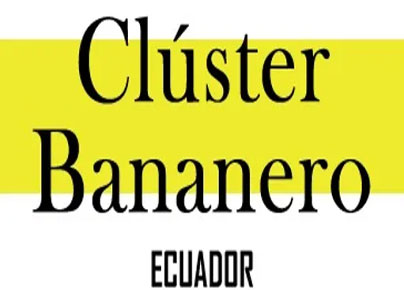Ecuador: Banana Cluster Supports VAT Hike
2024-01-19

The President of Ecuador, Daniel Noboa, sent a bill to the National Assembly proposing an increase in the Value Added Tax (VAT) by three percentage points. He has called it an organic law to confront the internal armed conflict and the social and economic crisis and calls for an increase in VAT from 12 to 15 per cent.
Unions are calling for measurable results and to attack what they consider to be the actual cause of the fiscal deficit: excessive public spending and poorly structured subsidies. The organisations that make up the Banana and Plantain Cluster of Ecuador support the urgent economic bill to confront the internal armed conflict that contemplates raising the value-added tax (VAT) from 12% to 15%.
For associations of producers and exporters, the 3% increase in this tax rate does not affect products in the basic basket or medicines, transportation, and essential services, among others. It will generate approximately $1.292 billion in additional revenue for the state in 2024.
"These resources would be immediately available to address the serious threat to internal stability and security. The VAT increase is an effort of the private sector, companies, and citizens, patriotically necessary to face this crisis," says the statement that brings together the Association of Banana Exporters of Ecuador (AEBE), the Association of Banana Marketing and Export (Acorbanec), the Regional Corporation of Ecuadorian Banana Growers (Agroban), the Chamber of Agriculture, the Association of Banana Exporters (Asoexpla), and eight groups of the Commission of Associativity of Small Businesses Producers.
The support of the Banana Cluster includes the request that the tax increase be matched with measurable results and transparency in the management of public resources. In addition to this measure, "structural measures and reforms must be adopted to reduce inefficient expenditures and, in this way, attack the real cause of the fiscal deficit, which is excessive public spending and poorly structured subsidies."
The sector sees that these efforts will be added to those that private enterprise has been assuming in recent years in terms of security, investing close to $100 million annually in measures to strengthen the value chain, contributing approximately $480 million annually in taxes applicable to economic activities, and cooperating with resources to enhance the capacities of the public forces such as the National Police and Armed Forces.









